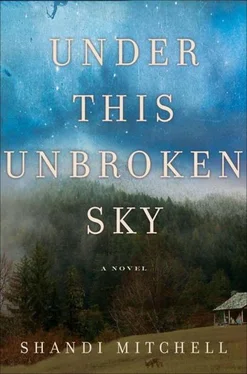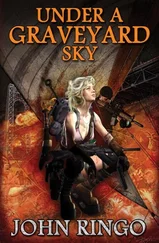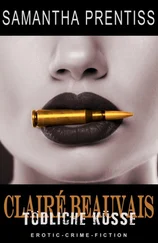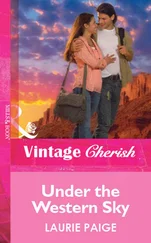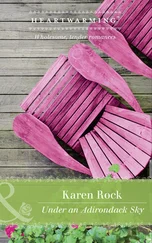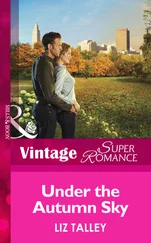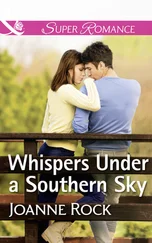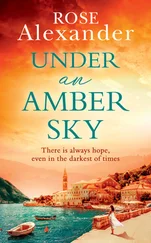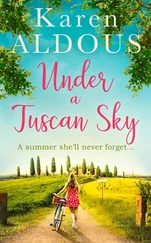“He has to get out of these clothes.” He pulls off the boy’s wet pants. “Get his coat.” Lesya fumbles with the buttons. Her brother’s face is gray. Teodor sits him up, and Petro falls forward like a rag doll. He peels off the boy’s coat and shirt, exposing his nephew’s scrawny chest and arms. Lesya throws a blanket around her brother’s shoulders, embarrassed by his frailty. Embarrassed that he made her flinch. His coldness seeps through her dress.
Teodor tries to pull off his mittens, but Petro’s fingers curl, refusing to let go. Teodor slips two hot stones into each mittened palm, the hands loosen and wrap around the soothing round shape. He swaddles Petro in another blanket and gently lays him down.
Lesya piles him with quilts. Teodor pushes on the boy’s cheeks. Blood colors the white flesh.
“He’s going to be fine,” he reassures Lesya, who for the first time is looking him directly in the eyes. Her eyes are gray, blue, ancient. She searches for the truth. She tucks the covers in tighter, then limps to the stove and throws in another log.
Exhaustion and the cold overwhelm Teodor. His muscles ache and his toes throb. He smells the musty claustrophobia of this house’s despair. He turns to his sister. She is sitting back at the table, facing the door, not looking toward her child.
Her matted hair sticks out on one side, pinned askew. The buttons on her blouse strain at her breasts. Her belly distends over her lap. He notices that she has rouged her cheeks and pinned a dried flower to her collar. Her hands and feet are swollen. Her toe pokes through a hole in her stocking.
How could this be his sister? His sister was fearless. She danced with her head held high, commanding everyone to look at her. He remembers a parade of boys tripping over themselves just to catch a smile. She could outrun them all. One by one they would pull back and admire her from afar—a wild horse they never wanted tamed.
Anna looks at him with broken eyes. “He’s coming back.”
Teodor looks away, unable to bear her need. “Take care of your boy.” He turns to Lesya. “Come by the house tomorrow, tell your aunt what you’ll need.”
“He’s coming back,” Anna insists.
Teodor doesn’t bother answering. He gets up heavily and heads for the door. He wants to go home. He wants to feel Katya’s arms around his neck, the softness of her cheek rubbing against his whiskers. He wants to answer Ivan’s never-ending questions: Where does the snow come from? Where do the worms go in the winter? He wants to feel the calm of his eldest daughter. He wants to tease Sofia about her pin curls. He wants to watch Myron lumbering into manhood. He wants to hold his wife. He wants this to be over.
“Don’t walk out on me!” Anna slams the table as she stands up.
Teodor stops at the door. He turns to her, weary from all the betrayals, all the disappointments, all the cowardice.
“What do you want me to say, Anna?” Teodor asks. “You made your choice.”
It’s his dismissal, his righteous condescension, his simple assessment of her life that infuriates Anna. This man who has never been left, who has never been used like a whore, who has never doubted that someone loved him, who has never had his insides torn apart giving birth to yet another hopeless life. What was her choice?
She had no choice the moment she was born. She would marry, she would bear children, she would farm, she would be poor, she would sacrifice her desires for the good of her husband, her family, she would be obedient and selfless. That was all that was offered. That was her only choice. And she tried to choose well: she chose a life that would take her off the farm and into the city. She chose an officer. She made the best choice to save herself, and she ended up here.
She has become this bloated thing. Her nails are cracked; dirt has leached into her skin, staining the bottom of her feet, the back of her neck. Her teeth are yellow. Her vagina is loose and used. She is old. She is rotting. She needs Stefan to make it all stop. She needs Stefan to do what she can’t. But she can’t tell Teodor that. If she says it out loud, it will mean he is right.
“You did this!” she shrieks. “He’s gone because of you. You drove him away!” Her face flushes red, she hears the hysteria in her voice; pain tears through her abdomen. “You came into our lives and took over!” She attacks him, needing to convince herself. “You made him feel like he wasn’t good enough. Like we were beggars on our own land.” The words tumble out, a torrent that can’t be stopped. “You’re no better than he is. You’re no better than any of us. You’re a thief, who washed himself clean. But underneath you’re as dirty as everyone else.”
The words froth in her mouth. Teodor stares impassively at her, as though he’s waiting for an animal to die. These are just the kicks and thrashings of a pig whose throat is already slit. Anna chokes back another contraction. She wants to stop. She wants Teodor to put his arms around her and she’ll tell him everything. She’ll tell him how afraid she is. She’ll tell him everything that she’s done. She’ll ask him for absolution. She wants to be washed clean. But he’s staring at her as if she’s already ceased to exist.
“Why couldn’t you just leave?” The words escape in a trickle, already regretted. The only question she wanted to ask, needed to ask, was “Why?” That’s all she needed answered. It’s the only word welling inside her: “Why?”
Teodor straightens his shoulders. Out of the corner of his eye he is aware of Lesya, chewing her fingernails, her foot splayed to the side, her eyes on him.
He answers with a chilling calm: “Because it’s my land. It’s all I have and all I am. And no one will ever take it away.”
He walks up close to the table and leans in to Anna, so Lesya won’t hear. “Why did he leave last time, Anna? And the time before that?” He can’t hide his contempt. “Look at you. Look what you’ve let him do.” She clutches the side of the table; the rouge on her cheeks has streaked down her face. “You have a family to take care of,” he hisses. “Think of them for a change.”
Anna slaps him hard across the face. Lesya cringes and braces for her uncle to hit back. But he doesn’t. He steps away, the imprint of her mother’s hand emblazoned on his cheek. He puts on his hat and gloves and walks out the door.
He goes to the barn, gathers up the tack, blankets, feed buckets, and a bag of oats, and loads it on the horse. He takes the reins and leads it across the field to its new home.
Anna remains standing at the table, her fingernails digging into the wood, until Teodor is well past the stone wall.
Then she tells Lesya her water has broken.
IT IS FADING TO NIGHT AND IT IS ONLY FIVE IN THE afternoon. The wind has quelled to a low whisper. Water boils on the stove. The kerosene light flickers. Lesya dampens her mother’s dry lips with a wet cloth. Anna is propped up in bed in a semi-sitting position, her knees bent, her thighs open. The contractions have been increasing steadily over the last twenty minutes. They are now no more than three or four minutes apart.
Lesya pleads again: “Let me get help. Let me get Aunt Maria.” Her hand pressed on her mother’s belly, she can feel that the baby has dropped low. “I won’t know what to do if something goes wrong. Please, Mama.”
Anna squeezes her daughter’s hand as another contraction swells. “No,” she blurts as her body writhes in pain. She pushes down on the bed, trying to get away from the spasm splitting her apart; her moan gives way to a scream. Petro covers his ears.
At first, he thinks it is a coyote howling. He wakes bathed in sweat, pinned under the weight of two quilts. He wrestles himself free, dazed by the darkness. It takes him a moment to realize that he is back in his own bed. He doesn’t know if it is early night or deep morning. He doesn’t know if he has dreamed the wind and his father leaving. He doesn’t know if he is dreaming still.
Читать дальше
